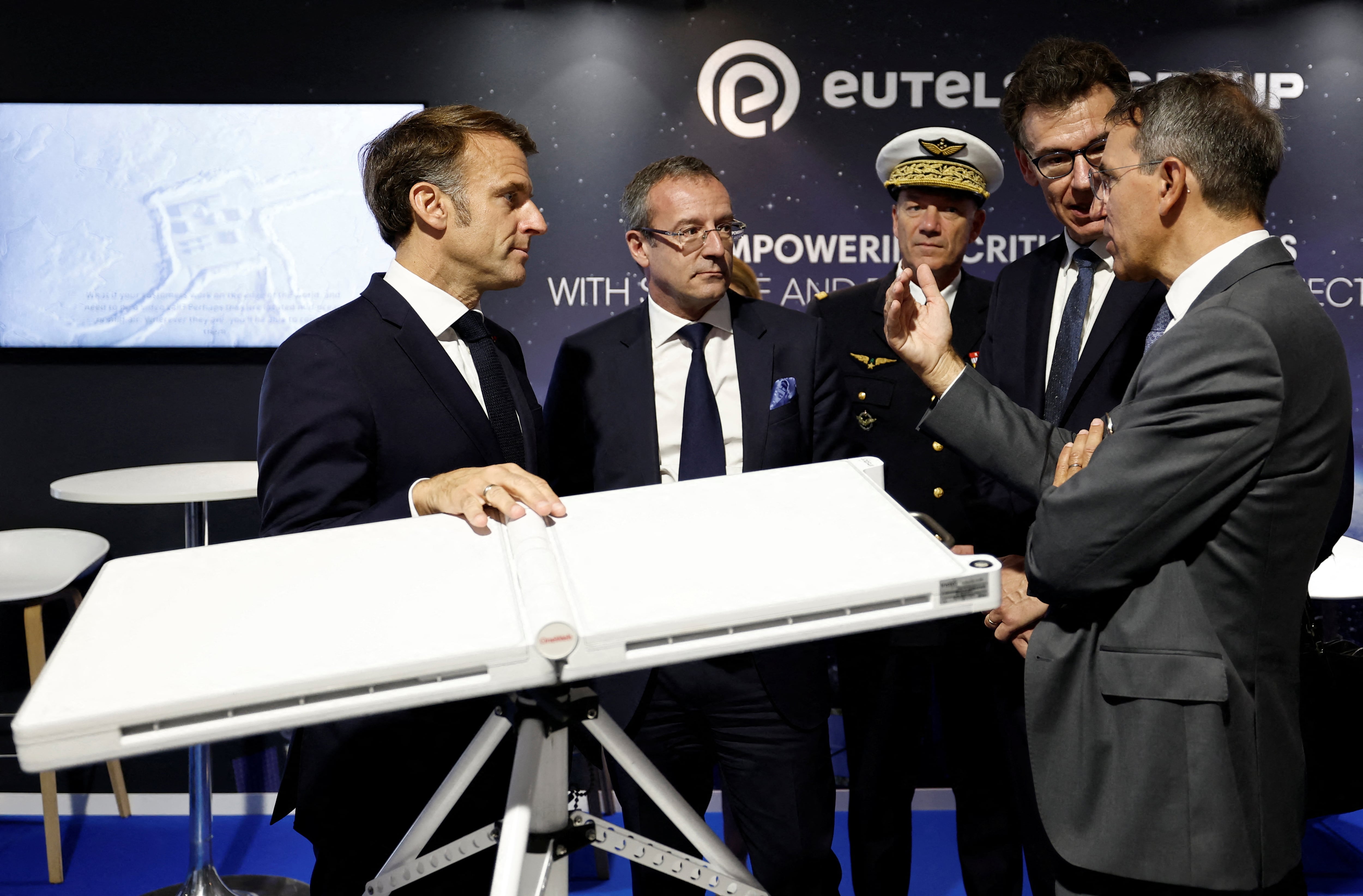With continued perceptions of bloated government bureaucracies and Washington growing too big to function, one of the offices that has come under the chopping block is the Office of the Director for National Intelligence, which oversees all 16 intelligence agencies that make up the intelligence community.
The criticism of some is that the office is too large and has become politicized, according to reporting by The Wall Street Journal. However, Sue Gordon — President Donald Trump’s nominee for the ODNI’s No. 2 position — defended the office’s role as an important integrator and provider of an equal voice for all intelligence organs.
“As a CIA officer, I think when it was formed, I couldn’t imagine why we needed something; heck, we were the Central Intelligence Agency, how could you need anything more than that,” Gordon told the Senate Intelligence Committee during her July 19 confirmation hearing. “As I look at it now, the integrated functions that the ODNI provides, particularly over time, have been remarkable in bringing together in ways we couldn’t have.”
Gordon, who is currently the deputy director at the National Geospatial-Intelligence Agency, provided the example of the FBI, which under the existing construct now has a seat at the same intelligence table, allowing the intelligence community, or IC, as well as the U.S. government “to tackle some of our most difficult threats because we have the mechanisms to bring them together.”
In regard to cyberthreats, Gordon stressed the importance of partnerships between all organizations with a central office driving it.
“You don’t want different types of intelligence to be subordinate to any one opinion of what the right thing is. And I think that is the right, proper, just role,” she continued.
Congress has also worked to better empower the ODNI to not only work as an integrator but ensure organizations can provide unbiased information. When asked during a recent podcast about the discrepancy in confidence levels regarding a single aspect of the IC’s January report that accused Russia of trying to influence the 2016 U.S. presidential election, the former deputy director of the National Security Agency, Richard Ledgett, said the disagreement was a hallmark of the Intelligence Reform and Terrorism Prevention Act.
[Putin ordered influence operation against U.S., says report]
This law, he said, installed analytic integrity standards into the director of national intelligence’s functions “in order to ensure there was texture in intelligence and there was not a group think or pressure for everyone to come up with the same answer.” This came out of the “community view,” he added, that Iraq possessed weapons of mass destruction, which turned out to be false.
Gordon admitted during her confirmation hearing that many are concerned about the IC growing too big and sucking up too many responsibilities. She said that DNI Dan Coats is committed to examining this and has suggested to her that this could be a special opportunity she’ll have to lead if confirmed.
“Do I believe we need it? … I think so,” she said.
Data analytics
Gordon described data analytics and understanding the overwhelming amount of incoming information as both the greatest opportunity for innovation and the IC’s greatest need.
“The data that is available just should make us drool with excitement, but only if we can command it in a way that is not the manual processes that have dominated our past,” she told the committee. “So to me, artificial intelligence, automation, augmentation, those things that will allow us to look at data and be able to turn it from noise into some signal” that the analytics can understand.
“[T]he massive and increasing amounts of data pose unique challenges for the IC, and we need to position ourselves to stay ahead of the swell,” she wrote in response to pre-hearing questions posed by committee members. “We must leverage leading-edge data analytics, advanced data technologies, and processing speeds because we cannot grow the analytic workforce to meet the exponential growth of data in this digital age.
“In my view, the analytic community must become capable ‘data swimmers,’ able to navigate large swaths of data efficiently and effectively, with tools and technology. Our systems must assist them by making the data available and accessible, and the existing infrastructure must support the sharing of that data.”
The IC’s IT
Gordon also discussed the IC’s top IT modernization effort called the Intelligence Community Information Technology Enterprise, which started under former DNI James Clapper and seeks to consolidate and streamline information sharing and services.
“I don’t see how we get to our future if we don’t complete the work of IT modernization,” Gordon said. “I do think that … there’s work we need to do to increase the rate of adoption because we have answers we need to provide and partners and customers we need to reach when this is in place, so not only you have my commitment to continue it but I will look forward to coming back to this committee to talk about how we might advance it at a greater rate.”
The chairman of the committee, Sen. Richard Burr, R-N.C., recalled at the hearing a conversation he had with Gordon, announcing that he is charging her personally with making sure that the IC Information Technology Enterprise is implemented and that the committee is aware of “any process hurdles that are in the way or funding limitations that we could clear the brush to allow this to become reality.”
Gordon responded: “I so commit.”








